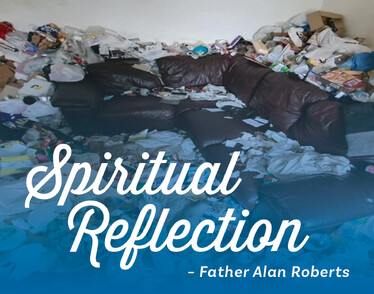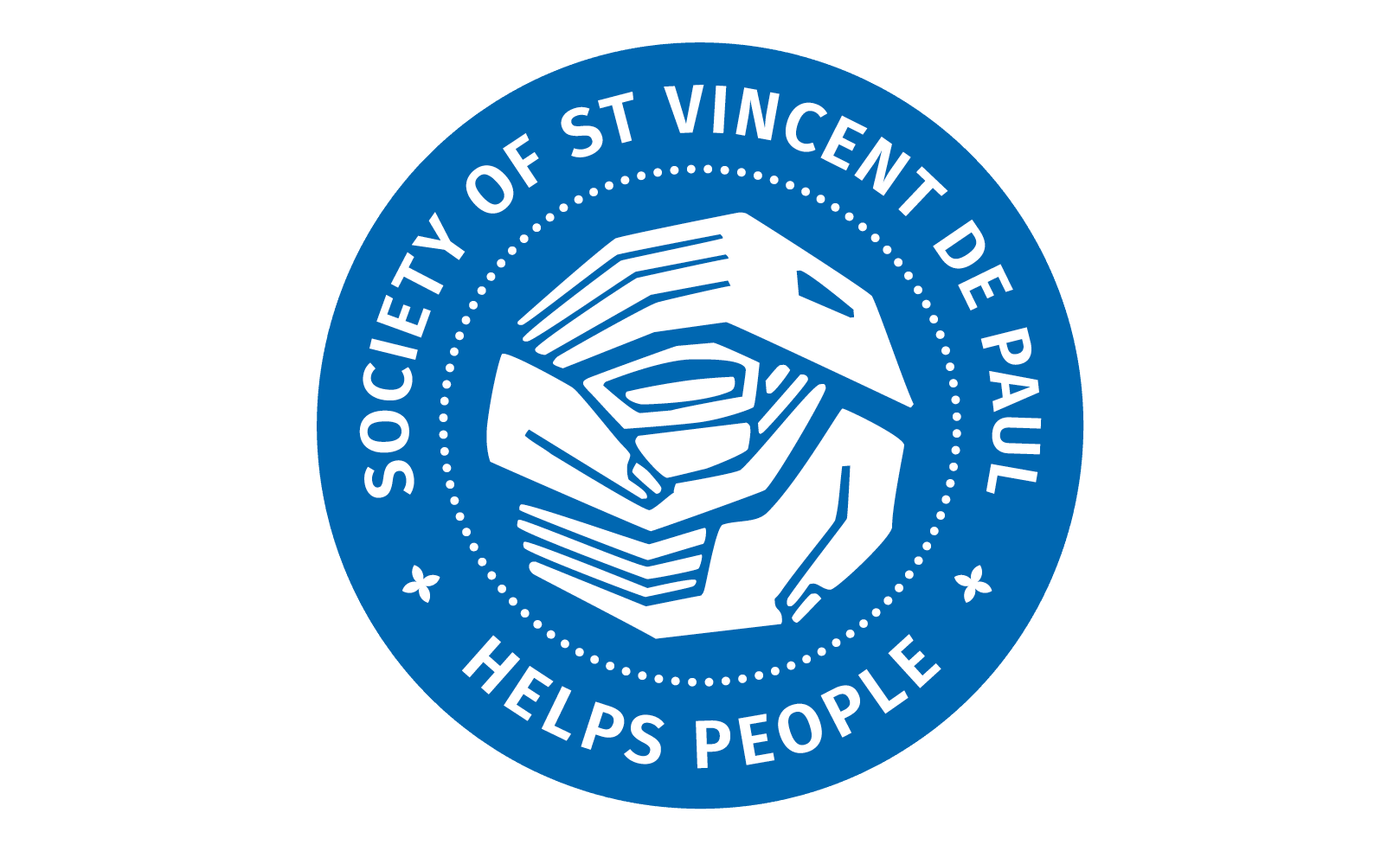He kokonga whare e kitea; he kokonga ngākau e kore e kitea.
The corners of a house may be seen and examined,
Not so the corners of the heart.
This whakataukī (proverb) could only exist because, at some stage in Māori history, collective wisdom realized that humans prefer to hideaway from what is difficult to face. Usually this refers to the messed-up part of our nature, often resulting from personal hurt or the destructive actions we are responsible for. It can also apply to the things we ought to do, but for some reason are happy to ignore for now.
We like to give the appearance of living in a ‘tidy room’ but to live effectively and lovingly with ourselves and with others we do need to deal with what is buried in the corners of the heart. Failure to do so will result in behavior that ranges from a little bit weird to absolute whacko! The more we ignore the call to examine ourselves the deeper the problems become. Jesus had some wisdom for all of this when he advised that we ‘daily take up our cross!’ (See Mtt 16:24ff). He also said “if you make my word your home, you will learn the truth and the truth will make you free”(Jn 8:31).
I think there is a great message here for Vincentians because what is true of us as individuals is also true of us in the collective sense. There are so many issues in society we could help clean up and even heal, but after considering the personal cost, the creativity rising within is ignored and that which could bring new life quietly dies.
The nature of Vincentian work must inevitably expose you to problems in society that many never see. When this happens, it can be that you will realize solutions, but it just seems too much. Let us take a real example: a Vincentian is delivering a box of fresh vegetables to a family. Mum has no idea what to do with them. “What are these?” she asks while looking curiously at the leeks!
The person making the delivery then has a silent dialogue with herself: “This mum needs to learn to cook. She could make great soup with these. I wonder if I could I teach her”. She’s tempted to drop the box and run. Instead, she asks the mum if she would like to learn and receives a positive reply. This resulted in a small cooking school being temporarily set up, not only for this mum, but the locals as well.
There’s always a certain amount of dying involved when Jesus says “take up your cross”. The Vincentian in the above story may have been tempted to think of all the interruptions to her life because of her offer. Instead, she lets go of the self, ‘dies to it’ we might say, and look what happens. Something new and effective arises.
The message: in the corners of our society rests a lot of rubbish. We only need to look and ask the question, ‘what can I/we do?’
Discussion: What is your experience of a similar experience to the Vincentian described in the story above? What did you do? What could you have done?
Prayer
Creator of all,
You call us to clean up the mess
The poor must endure
Especially that which we could easily
Do something about.
Give us the grace to put aside the cost
To ponder the plight of others
With understanding
And with love.
Fill us with the grace of creativity
And decision
To make all things new. Amen.



